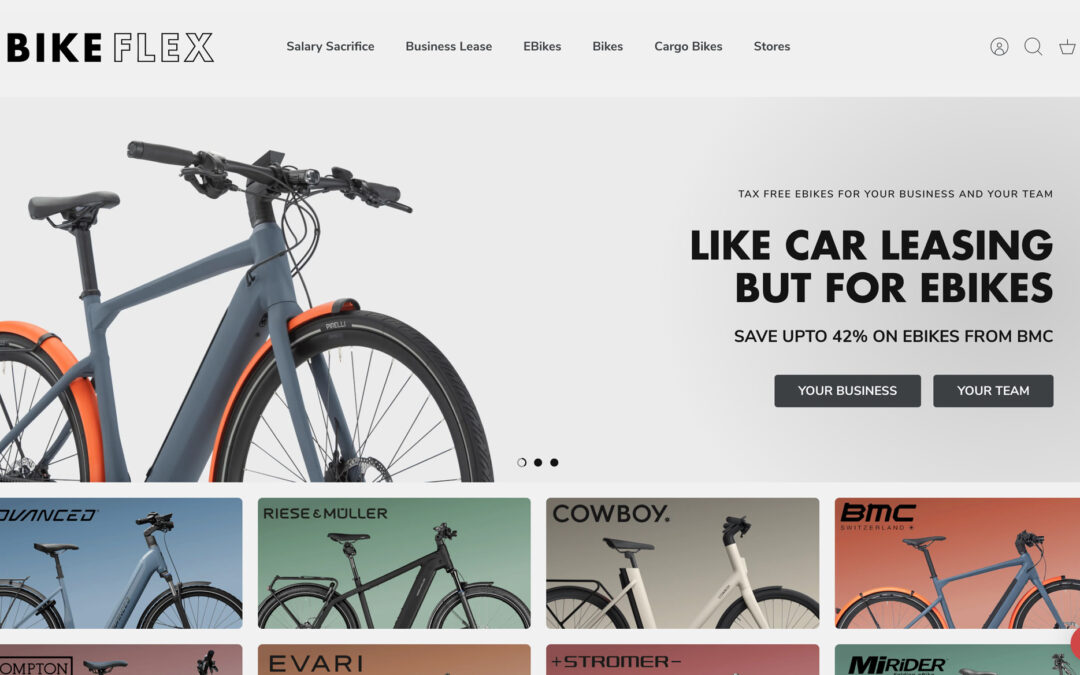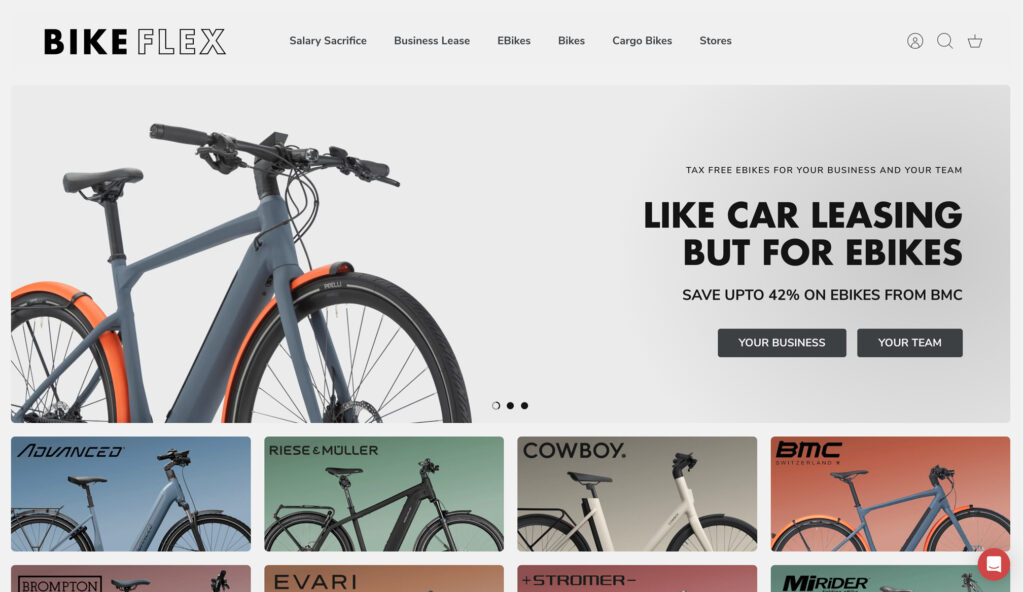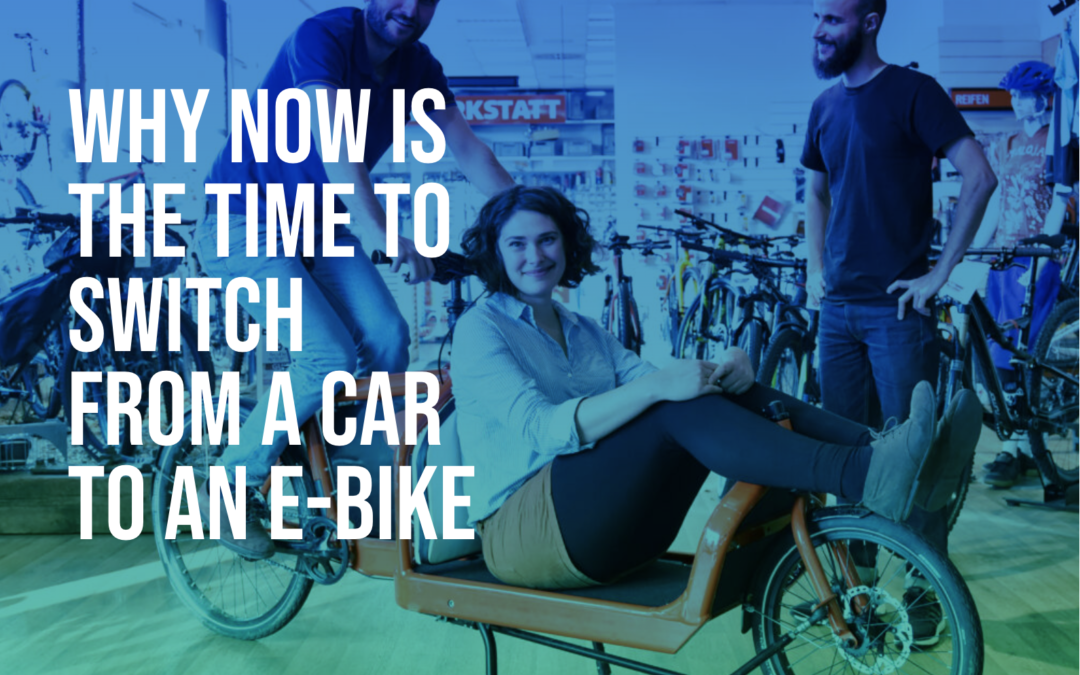
Equípate con estos geniales artilugios para ciclistas y ciclistas electrónicos
Gadgets geniales
para ciclistas y E-Bikers
En Solarcycle somos ciclistas apasionados. ¿Es usted un entusiasta del ciclismo o del e-biking y le gusta explorar nuevas rutas, disfrutar de vistas panorámicas o simplemente desplazarse al trabajo sobre dos ruedas?
Te ofrecemos una selección de gadgets imprescindibles que mejorarán tu experiencia ciclista. Desde una cafetera espresso portátil hasta un cargador de iPhone alimentado por energía solar y soluciones de montaje versátiles, estos gadgets están diseñados para mejorar tus salidas y hacer que el ciclismo sea aún más agradable. Así que prepárate, súbete a tu bicicleta y sumérgete en el mundo de la tecnología ciclista.
Presso XL de Cafe2Go: Espresso perfecto para llevar
89,50 £ Caffe2Go Reino Unido
Imagina lo siguiente: estás a mitad de tu paseo matutino en bicicleta y necesitas una dosis de cafeína. Te presentamos la Presso XL de Cafe2Go, una robusta cafetera espresso de viaje de 18 barras que lleva la experiencia de una cafetería directamente a tu manillar. Lo que diferencia a este gadget es su hervidor integrado, que calienta el agua del café a la temperatura perfecta antes de verter automáticamente el espresso perfecto en la taza incluida.
La Presso XL ofrece la posibilidad de elegir entre cartuchos estilo Nespresso o polvo fresco molido, lo que le permite personalizar la infusión a su gusto. La carga es pan comido con su conexión USB-C, y las cuatro luces LED indican el progreso. Así que, tanto si estás explorando nuevos senderos como yendo al trabajo, una parada rápida en la cima de una colina con la Presso XL hará que tu paseo sea aún más vigorizante.
Cargador solar portátil para iPhone (y luz): Potencia tus aventuras
37,95 £ Amazon UK
Como ciclista, siempre estás en movimiento, y mantenerte conectado es esencial. El cargador solar portátil para iPhone es un práctico gadget que aprovecha la energía del sol para mantener tus dispositivos cargados de energía mientras conduces. Su diseño compacto te permite añadirlo fácilmente a tu mochila o montarlo en tu bicicleta, capturando la luz del sol mientras pedaleas.
Lo que hace único a este cargador es su capacidad de carga inalámbrica. Con una placa inalámbrica integrada, puedes cargar cómodamente tu teléfono con sólo colocarlo encima de la batería. Se acabaron los líos de cables y conectores mientras te desplazas. Además, el cargador cuenta con tres potentes luces LED que pueden utilizarse como luces de reserva cuando se montan en el manillar. Es un accesorio imprescindible para cualquier ciclista, ya que te garantiza que siempre tendrás energía y visibilidad durante tus aventuras.
Adaptadores universales Quad Lock: Infinitas posibilidades de montaje
Desde £14.99 – Bikestop
Cuando se trata de montar sus dispositivos de forma segura en su bicicleta, el ecosistema Quad Lock cambia las reglas del juego. Los adaptadores universales Quad Lock ofrecen una solución sencilla para fijar el teléfono, las baterías portátiles o cualquier otro dispositivo compatible al cuadro de la bicicleta, al manillar o incluso al casco. Estos adaptadores pueden añadirse fácilmente a cualquier dispositivo, creando un ecosistema infinito de montajes.
Para complementar los adaptadores, resulta muy útil el soporte de pared adhesivo Quad Lock. Con su placa adhesiva fácil de usar, puedes fijarlo con seguridad a cualquier superficie, ampliando tus opciones de montaje más allá de tu bicicleta. Si necesita montar una batería de repuesto, tener el teléfono al alcance de la mano o confiar en la navegación GPS sin preocuparse de que se agote la batería, el sistema Quad Lock le tiene cubierto.
Aquí lo tienes, un resumen de algunos gadgets geniales para ciclistas y e-bikers que llevarán tus salidas al siguiente nivel. Desde disfrutar de un café espresso recién hecho sobre la marcha con la Presso XL hasta mantener la energía con el cargador solar portátil para iPhone, pasando por la versatilidad del sistema de montaje Quad Lock, estos gadgets están aquí para mejorar tus aventuras en bicicleta. Sal ahí fuera, explora y saca el máximo partido a tus viajes sobre dos ruedas con estos fantásticos compañeros ciclistas. ¡Feliz viaje!
Si conoces algún gadget interesante para ciclistas y e-bikers, y crees que debería estar incluido, háznoslo saber en
info@solarcycle.es
Solarcycle UK no recibe ningún beneficio económico de los enlaces que aparecen en esta página a páginas externas. Solarcycle no ofrece ninguna garantía para los productos adquiridos a través de los enlaces de esta página. Solarcycle no se responsabiliza de las experiencias de las personas que adquieran productos reseñados por Solarcycle.




